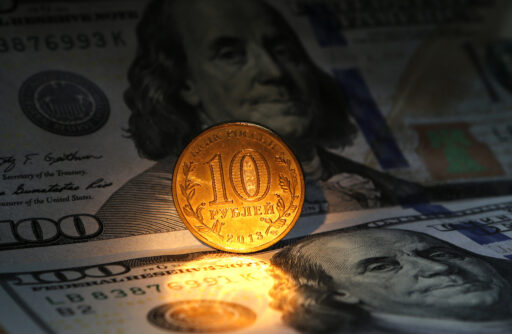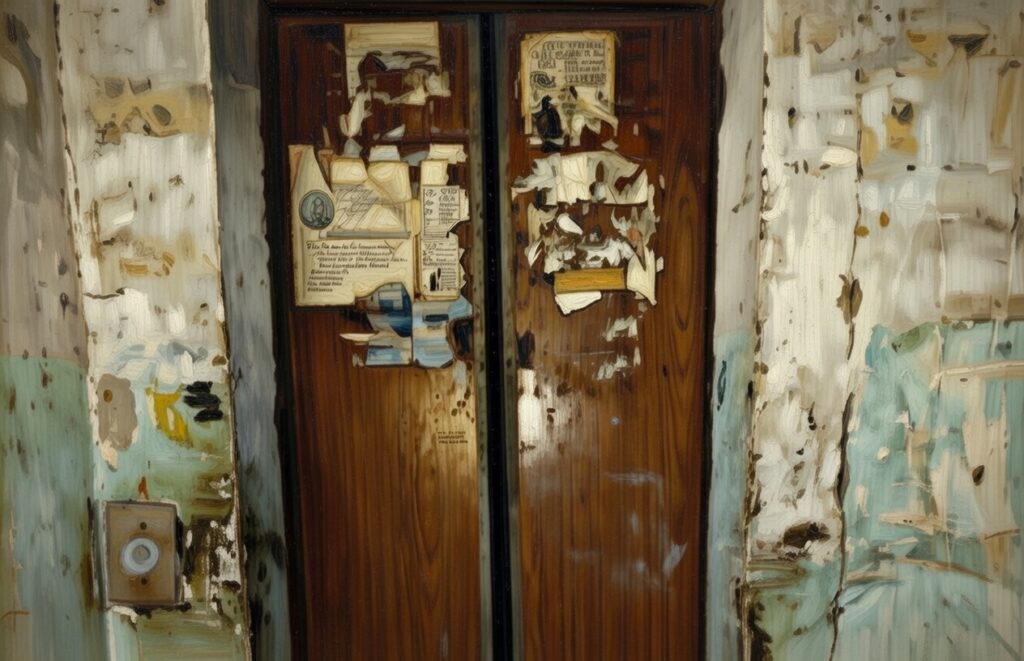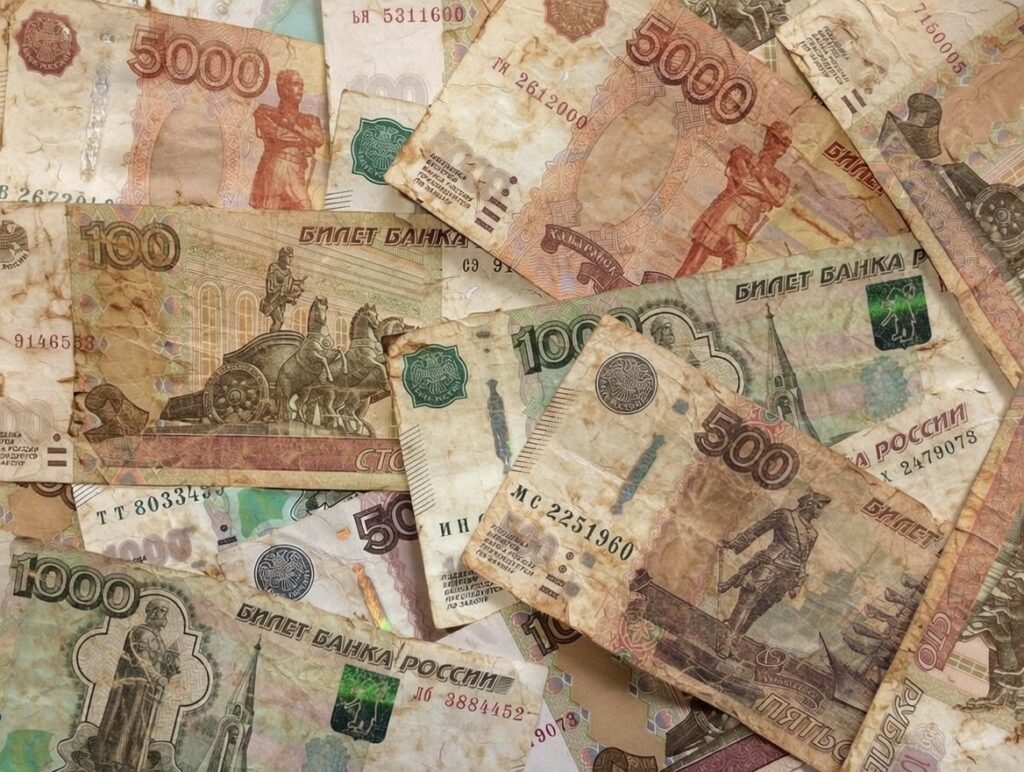With evidence mounting that Russia’s summer offensive is intensifying, targeting Donetsk while pinning Ukrainian forces in place through a buildup near the Sumy and Kharkiv borders, it’s time to revisit the perennial question of the Russian regime’s «breaking point.» Ukrainian intelligence reports suggest Moscow views this summer as its last chance for a decisive military victory. While such briefings often carry an element of self-interest to rally Western support, my earlier predictions—aligned with statements from Kyrylo Budanov—indicated that the intensity of Russia’s attacks from last fall and early this year would not be sustainable beyond June. Given this context and developments in Russia’s «reliable rear,» the new offensive differs from recent efforts to break the Ukrainian military.
One underappreciated but widely recognized issue facing Russian policymakers is the reintegration of returning veterans. The substantial payouts and high salaries for contract soldiers ensure that many will not return to their previous low-paying jobs. Dmitry Belousov at TsMAKP highlights this dynamic, noting the overrepresentation of recruits from poorer, less-developed regions. To secure better-paying jobs commensurate with the salaries they now expect, veterans must relocate to larger economic centers. This migration exacerbates demographic challenges and labor cost inflation in rural areas while intensifying competition for housing in more dynamic cities.
Notably, Ekaterinburg and Ufa lead in the height of new-build apartment blocks, with Moscow ranking third. Chelyabinsk outpaces Moscow in the percentage growth of new construction. However, demand for new builds is faltering. Mortgage issuances for state-supported loans dropped 33% from January to April, and Moscow’s housing sales fell 6% between March and April alone, despite being the country’s strongest market. Demand has shifted to the secondary market, where prices for existing homes have doubled over the past five years, particularly in cities offering relative affordability compared to Moscow or St. Petersburg. With interest rates exceeding 20%, only families with significant liquidity—often those with one or more members who served at the front—can afford large down payments. Thus, veterans’ families from poorer regions are the most likely to relocate, introducing new political dynamics that are too early to fully assess but will undoubtedly influence local politics.
The longer the war persists and the more people receive large payments to fight, the more survivors will return demanding better lives in an economy struggling to adapt to rapidly shifting civilian-sector demands. For instance, in tourism, flights have become riskier, more prone to disruption, and costlier, with ticket prices rising 22.5% last year and continuing to climb, particularly in hubs like Kazan. Foreign travel is increasingly expensive for most Russians, whose consumption baskets are rising faster than headline inflation. Unsurprisingly, travel preferences are shifting: demand for renting izba huts has surged 120%, and teremok wooden dwellings have seen a 48% increase. While this benefits businesses servicing these properties, it’s unlikely driven solely by nostalgia or war-related cultural romanticism.
As hundreds of thousands of veterans seek better jobs and quality of life, they return to an economy where investment in fixed assets—essential for producing goods and services—has stagnated since Q1 2024. Today’s investment shapes tomorrow’s demand, capital flows, and employment. While Prime Minister Mishustin touts a third consecutive year of reduced budget deficits, net credit growth is stagnant: corporate borrowing has risen just 1% despite state support in key sectors, and consumer credit is slowly contracting. With the budget deficit at 1.7% of GDP, high interest rates are stifling borrowing, spending, and investment. Foreign journalists report a slowdown while citing data suggesting Russians have grown richer in real terms. However, this narrative is inconsistent with the dollar value of Russia’s imports relative to the exchange rate since 2022 and the rising costs of sanctions-affected imports. No coherent framework supports claims that the average Russian is better off, nor does the social experience of returning veterans suggest the economy can broadly sustain a high quality of life outside small pockets buoyed by war spending. Even TsMAKP acknowledges that civilian industries are now in recession.
We focus on the human element of the war economy because industrial and investment data can be unreliable. Military production may still have room to grow, but not without severely damaging civilian sectors. Aggregate data reveals an economy that has not adapted to the war by significantly increasing consumer goods production. Social indicators underscore this reality. For example, Tomsk authorities have struggled to find an operator for a key bus route for the second time in a year, suggesting political pressure to mask inflation is undermining business profitability. In Kuzbass, utility outages rose to 278 last winter from 219 the previous year, indicating that the 1.7 trillion rubles allocated for national modernization over the next five years is woefully inadequate—needs are in the tens of trillions, despite Putin’s promise of over 4 trillion. Gazprom, facing financial strain, has listed its Moscow retail office for sale and is considering two 10% domestic price hikes for industrial consumers within a year, which will raise the cost of goods. Household spending, according to Romir data, shows a slight year-on-year decline despite reported price increases for food and staples, exacerbated by nationwide shortages of potatoes and vegetables. Such a decline amid rising costs suggests Russians are cutting back significantly, more than official statistics may reflect.
If there is an eschatological logic to Russia’s summer offensive, it lies in an all-or-nothing push to secure the best possible terms before the recession in non-military sectors becomes unsustainable. This is not solely about livelihoods or public tolerance for the regime but also about the budget. The expansion of VAT collection after 2015 reduced nominal dependence on oil prices, which are likely to remain uncomfortably low. Consumption and profit taxes, tied to GDP, are cyclical. Winning now offers the regime its best chance to end the war on acceptable terms, as the economic cannibalization that began in fall 2022 is now undeniable, regardless of claims about increased personal wealth. As more veterans return, they will demand that their sacrifices yield tangible rewards. The regime’s only path appears to be escalation, but the summer strategy suggests it cannot sustain such efforts across the entire front.










